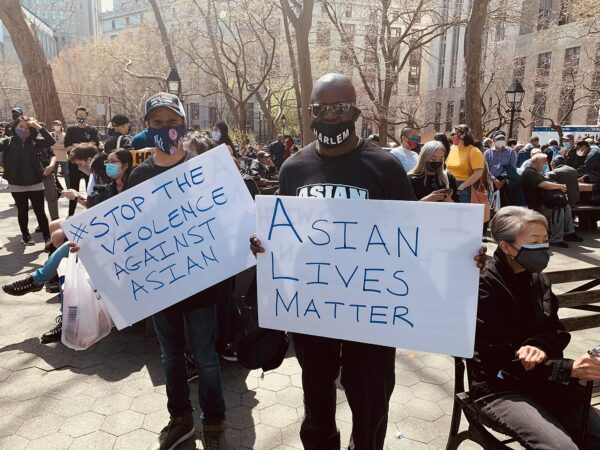
Even though Asian America is irreducibly diverse, the vast majority of Asian American theological voices are East Asian theological voices, with voices and concerns from Southeast Asian, Filipinx, Pacific Islander, South Asian, and Middle Eastern Christians being barely heard or simply dismissed. This raises questions about how helpful “Asian American” is as an identitarian category.

Chen suggests that Western political theologians should incorporate more resources from local knowledge—such as popular culture, literature, films, and music—in order to notice resistance in daily life.

But how could Trump seduce a great majority of the Jesus-believing, Bible-thumping, church-attending evangelical conservative community when his values are so contrary to those of Jesus, the Bible and what the church should stand for?

[Marion’s] central concepts and phenomenological method offer an ambiguous resource for political theology: on the one hand, he articulates a rigorous method of doing phenomenology which is trained to remain open to phenomena historically ignored and marginalized, and on the other hand, his own conclusions can veer towards a Christian triumphalism which is in danger of betraying the primary aim of his philosophical project.

Jesus’s followers seek a “prophet” who serves human desires for control and vengeance: the power his followers think is essential in order to defeat their human oppressors. They forget that the prophet only ever serves the Divine will, which has a vision wider than the cosmos, concerned with re-establishing the harmony that was written into the fabric of creation from its very beginning.






